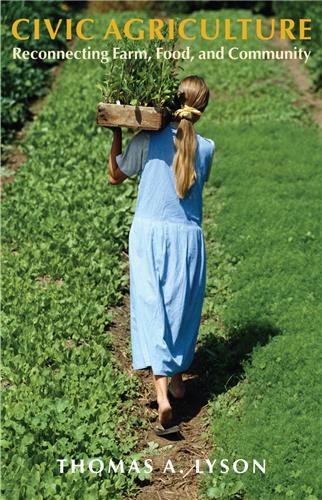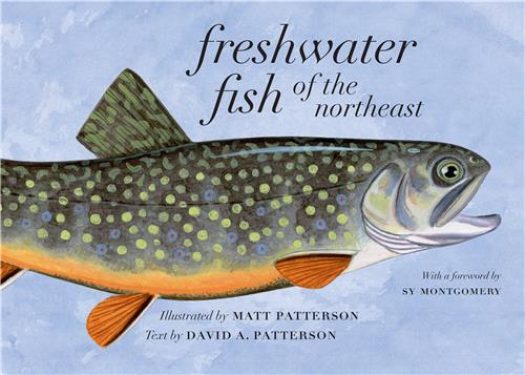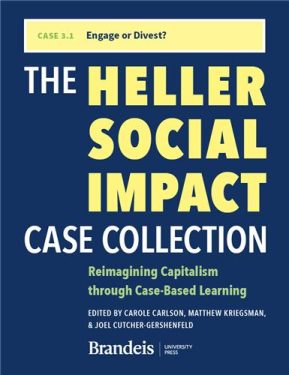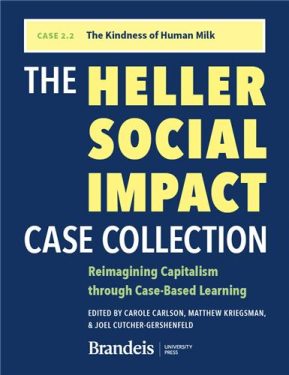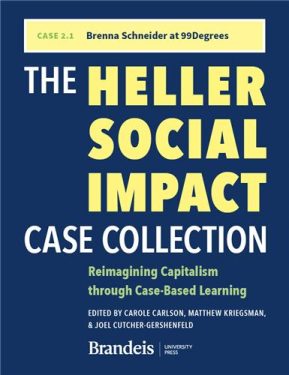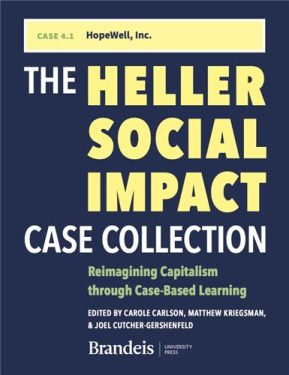[Lyson] provides an excellent historical context on how Northeast growers, who traditionally sold their products in local urban markets, have been able to resist somewhat the pressures to "go corporate" and in the current century, preserve their land by embracing the CSAs, farmers' markets, and other forms of civic agriculture.

